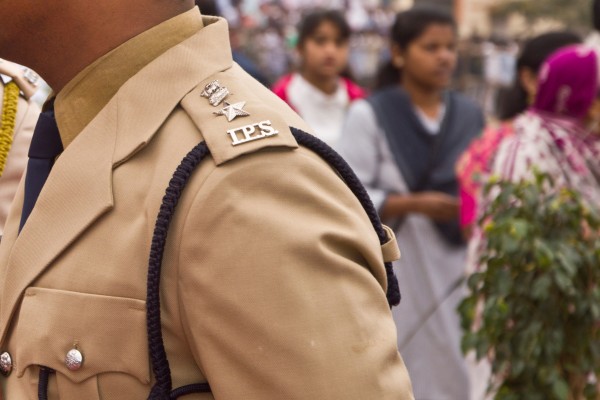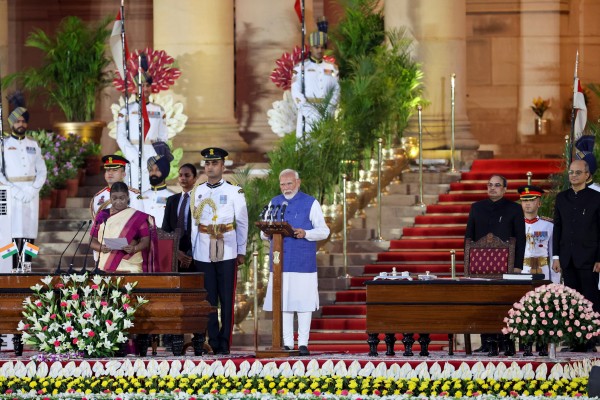His Excellency Atal Behari Vajpayee
Prime Minister of the Republic of India
Office of the Prime Minister
New Delhi
India, 110 011
Fax: +91 11 301 6857
Vienna, 9 July 2001
Your Excellency,
The International Press Institute (IPI), the global network of editors and media executives, is concerned about the prosecution of Vineet Narain, editor and founder of the investigative journal Kalchakra, by the Indian authorities for contempt of court.
According to information provided to IPI, on 26 December 2000, the High Court of Jammu and Kashmir summoned Narain to Srinagar, the summer capital of Kashmir, to answer contempt of court charges founded on an article in the 16 December 2000 edition of Kalchakra. In the article, Narain questioned the judgement of T.S. Doabia, a judge at the High Court of Jammu and Kashmir, in a dispute over land. The court has stated that one of the paragraphs in the article, “appears to be per se contempt of court as it has the tendency of bringing the administration of justice to disrepute by attributing disparaging motives and bias to a sitting judge of this court”.
Regarding the judgment of Doabia in the land dispute case, the paragraph stated that the judge had been improperly influenced by his relationship with Indian Supreme Court Chief Justice A.S. Anand, who prior to his current judicial position, served as chief justice of the High Court of Jammu and Kashmir. Articles in the 16 February 2000, 1 December 2000 and 16 December 2000 editions of Kalchakra alleged that Chief Justice Anand had been involved in securing preferential judgments for close family members and associates in a number of property disputes.
Vigorously denying the charge, Narain filed two petitions before the Supreme Court of India, asking for the contempt of court case to be discontinued and, failing this, for a change of venue. In the change of venue petition, Narain argued that there were security concerns for him in Srinagar and that it should be transferred to New Delhi. In the past, the journalist has investigated a number of militant groups in Kashmir and he fears for his life if forced to return for the hearing. Responding to the petitions, the Supreme Court told Narain to petition directly to the High Court of Jammu and Kashmir for a change of venue. The High Court agreed to the substance of the petition but decided to transfer the case to the winter capital of Kashmir, Jammu.
As a result of the High Court’s decision, Narain has steadfastly refused to attend the hearing in Jammu and has claimed that local officials have ignored his request for protection during the hearings in Kashmir. On 1 June, a divisional bench of the High Court of Jammu and Kashmir issued an arrest warrant for the journalist for failing to appear before the court. Narain claims that there was improper service and that he has never received an official notice of the order. The court also issued an attachment order on the property of Kalchakra and the journal’s printing press.
In the opinion of IPI, there are a number of aspects of Narain’s case that are deeply troubling. First, the failure of the High Court of Jammu and Kashmir to fully appreciate the dangers for the journalist in Kashmir raises concern, particularly in light of the serious attacks on journalists that have occurred in the region. Second, IPI notes that the charge brought against the journalist concerns the bringing of the “administration of justice into disrepute”. IPI strongly believes that investigative reporting is crucial in the fight against corruption and notes that a failure to investigate the claims made by Narain would be more damaging to the administration of justice in India than any remarks already made in this matter.
Therefore, IPI calls on Your Excellency to hold a full and proper government inquiry into the claims made by Narain and to give assurances to the journalist that he will receive protection in the event that he appears before the High Court of Jammu and Kashmir. IPI would also invite you to reconsider the decision to arrest Narain.
We thank you for your attention.
Best regards,
Johann P. Fritz
Director


